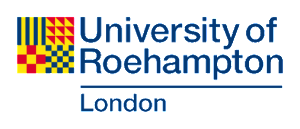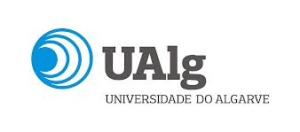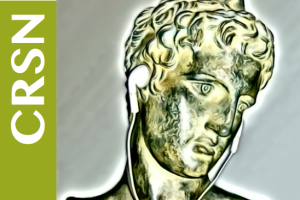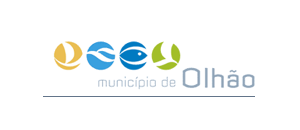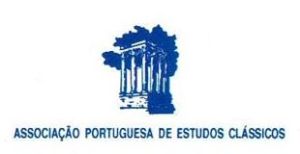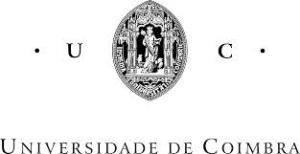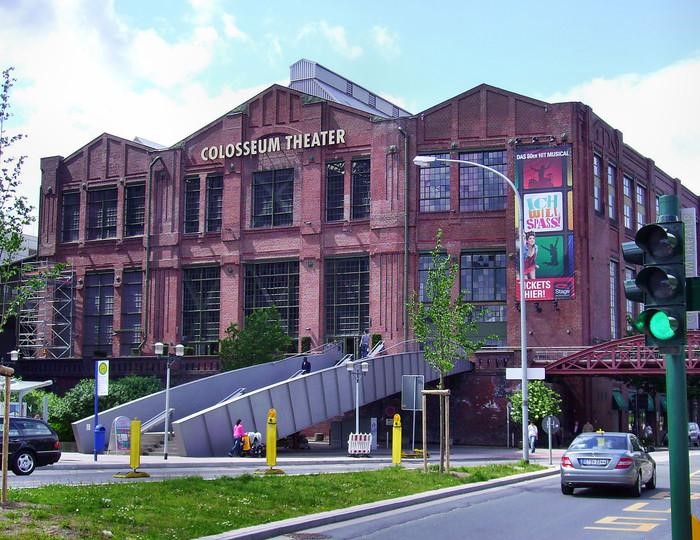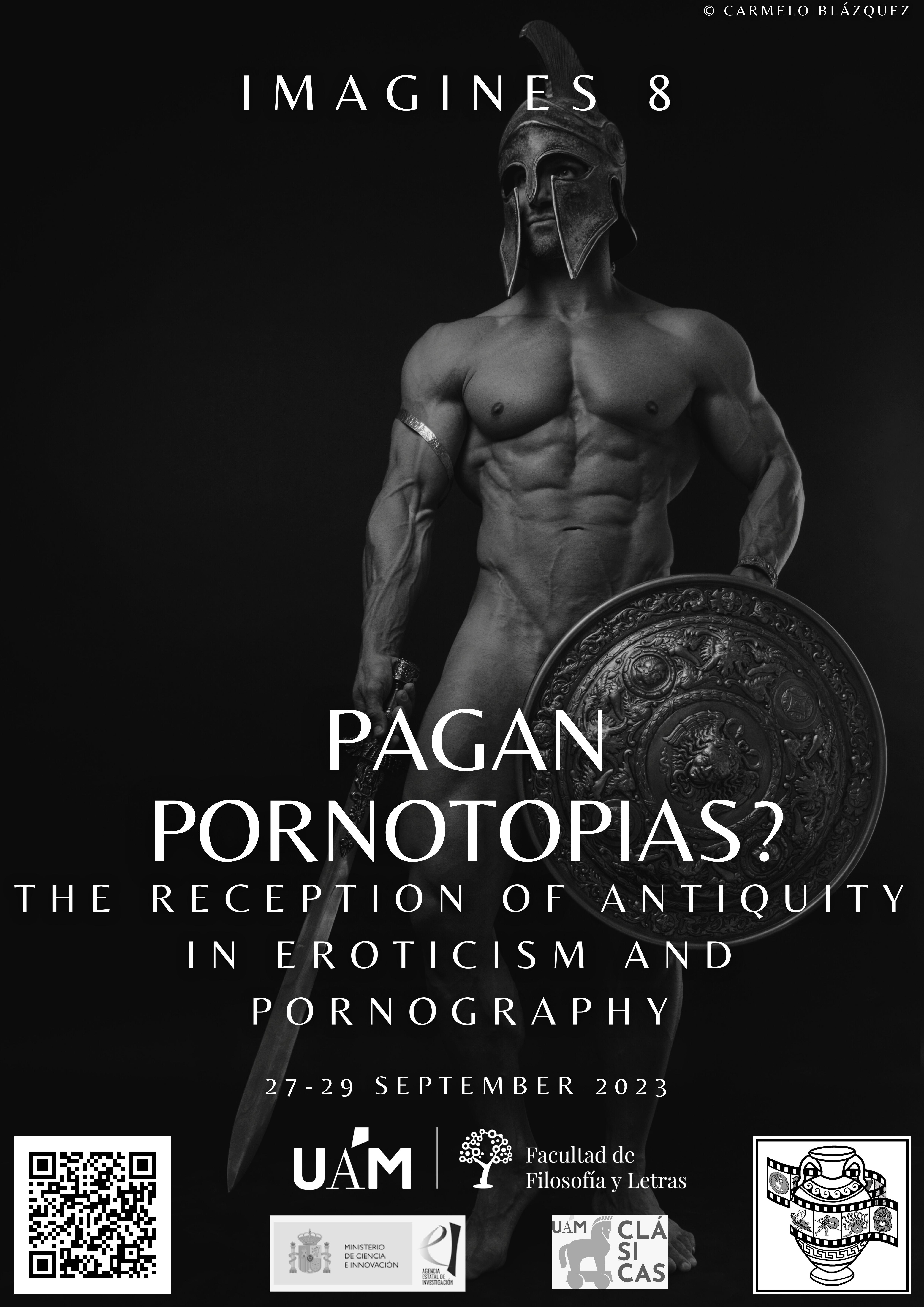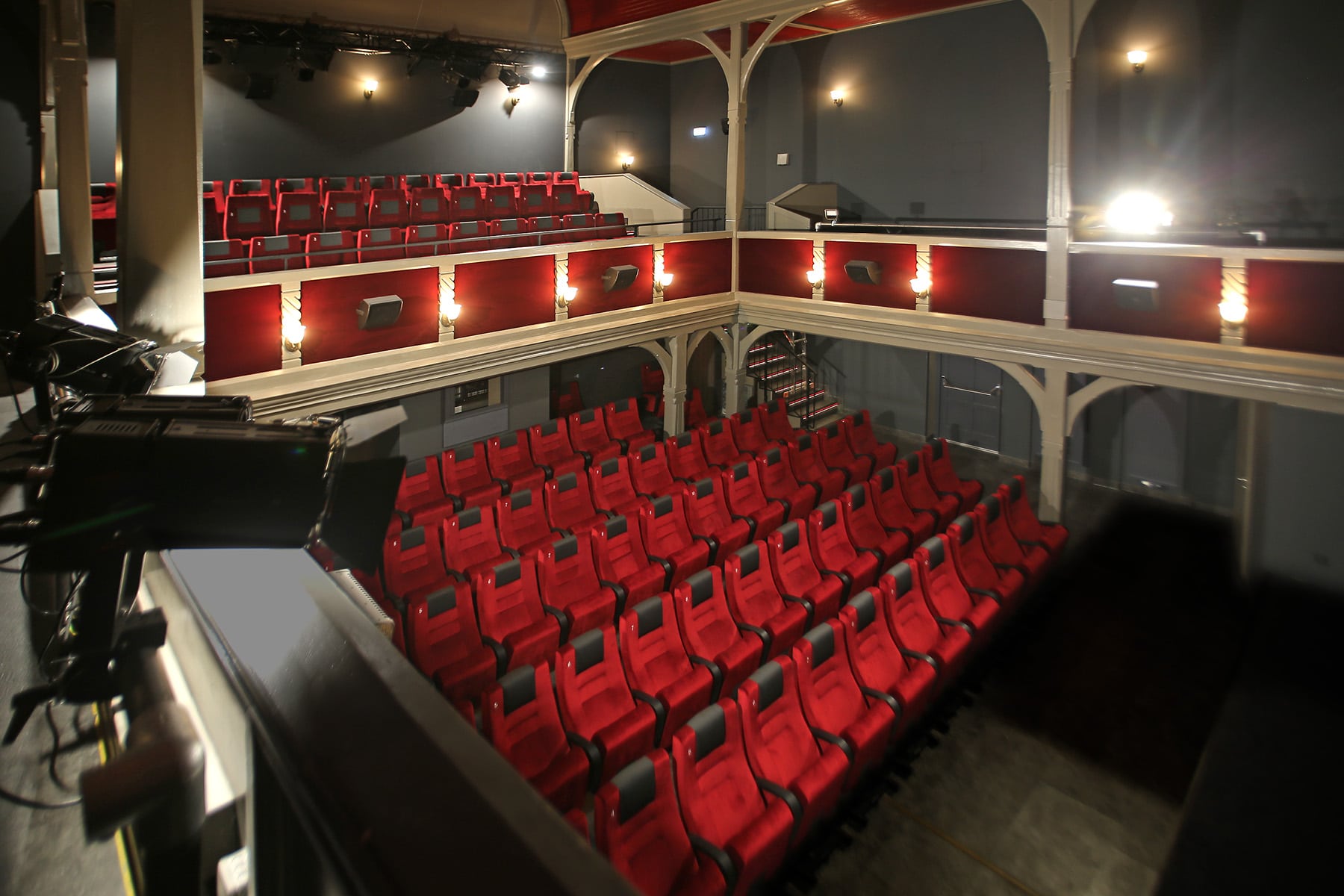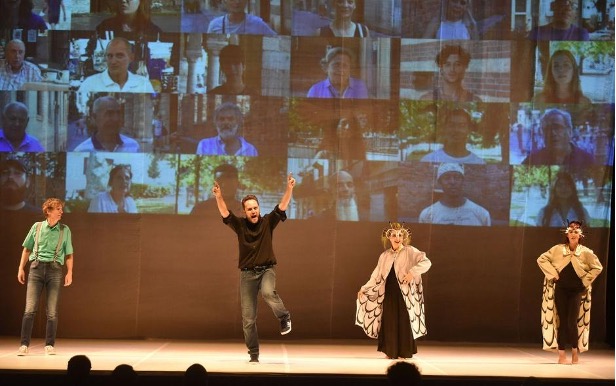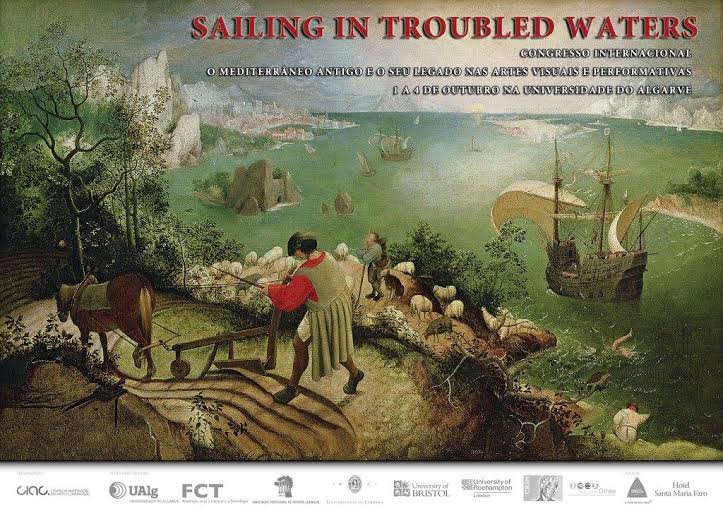
Imagines IV
Sailing in Troubled Waters
The Ancient Mediterranean and its Legacy in the
Performing and Visual Arts
Faro (Algarve), October 1-4, 2014
-
About
Sur l’immense passé de la Méditerranée, le plus beau des témoignages est celui de
la mer elle-même. Il faut le dire, le redire. Il faut la voir, la revoir.Fernand Braudel’s haunting words resound like an echo of the sea and its millenary history. From Prehistory until today, the Mediterranean has been setting, witness and protagonist of mythical and supernatural adventures, of encounters with the Other, of legendary and historical battles, of the rise and fall of cultures and empires, and last but not least, of fortunate and tragic destinies of humans, such as those wrecked sailors immortalised in the epitaphs of the Greek Anthology. Braudel’s appeal for a long duréee history of the Mediterranean challenged traditional views that often present it as a sea fragmented and divided through epochs and periods. At the beginning of the 21st century, works such as P. Horden and N. Purcell’s The Corrupting Sea. A Study of Mediterranean History (2000), and W.V Harris’ Rethinking the Mediterranean (2005), revisited Braudel’s oeuvre and reaffirmed the need to study the Mediterranean also as a unity, a cross-temporal fluid space of communication and cultural interaction. Yet the Mediterranean is still regarded today as a geographical and cultural frontier that separates Africa, Asia and Europe. The current deep economic and cultural crisis of the European Union has opened public debates fuelled by political agendas around the growing differences between northern Europe and the Mediterranean countries, while the sea exposes its most spectral side as a tragic and impregnable border. Now, more than ever, it is time to return to the Mediterranean.
” Il faut revoir la Méditerranée”
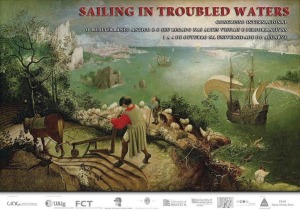 Sailing in Troubled Waters proposes a journey into the bright – but also dark – sides of the ancient Mediterranean through the kaleidoscopic gaze of artists who from the Renaissance to the 21st century have been inspired and fascinated by the sea, its myths and history. The view of those who imagined and recreated the past of the sea has largely contributed to the shaping and transmission of modern cultures that, close or not to its shores, are rooted and embedded in Mediterranean traditions. The conference will look at the representation in the performing and visual arts of ancient myths, fiction and history, and will pay particular attention to the theme of sea travel and travellers. We welcome proposals on these topics but also on the ‘rediscovery’ of the Mediterranean Sea and its past cultures by modern travellers before, during and after the Grand Tour era. To what extent and in what ways do artists, authors and travellers look at the sea either as a nostalgic testimony of the lost glory of an unattained past or as a loyal custodian of inherited traditions?
Sailing in Troubled Waters proposes a journey into the bright – but also dark – sides of the ancient Mediterranean through the kaleidoscopic gaze of artists who from the Renaissance to the 21st century have been inspired and fascinated by the sea, its myths and history. The view of those who imagined and recreated the past of the sea has largely contributed to the shaping and transmission of modern cultures that, close or not to its shores, are rooted and embedded in Mediterranean traditions. The conference will look at the representation in the performing and visual arts of ancient myths, fiction and history, and will pay particular attention to the theme of sea travel and travellers. We welcome proposals on these topics but also on the ‘rediscovery’ of the Mediterranean Sea and its past cultures by modern travellers before, during and after the Grand Tour era. To what extent and in what ways do artists, authors and travellers look at the sea either as a nostalgic testimony of the lost glory of an unattained past or as a loyal custodian of inherited traditions?But as for Scylla, the father of gods and men did not suffer her again to catch sight of me, else should I never have escaped utter destruction. Thence for nine days was I borne, and on the tenth night the gods brought me to Ogygia, where the fairtressed Calypso dwells, dread goddess of human speech, who gave me welcome and tendance.
Sailing in Troubled Waters is the fourth of a series of international conferences devoted to the representation of Antiquity in the visual and performing arts that are organised by the research project Imagines (www.imagines-project.org). Portugal is also the fourth country that will host a conference by the network. The first Imagines took place in Logroño (La Rioja, Spain) in 2007 (published by the University of La Rioja, 2008, link); Imagines II: Seduction and Power, was held in Bristol (UK) in 2010 (published by Bloomsbury, 2013); and the third, Magic and the Supernatural, was hosted by the University of Mainz (Germany) in September 2012 (Bloomsbury, forthcoming).
Like the Phoenicians, the protagonist of Lucian’s True Story, Dante’s Odysseus and the anonymous sailor from Juvenal’s Satire 14, Sailing in Troubled Waters will challenge the Ocean Monsters beyond the Pillars of Hercules and land in the wonderful city of Faro (Algarve), the ancient Ossonoba, a Roman commercial town known for its salt resources. The conference will be held at the University of Algarve from October 1 to 4, 2014. -
Programme
9.15h – Welcome to the participants, reception
9.30h – (Anfiteatro Teresa Gamito), Opening session, with the presence of the Magnífico Reitor, the Faculty Director, the Regional Director of Culture and the organisers (CIAC and Imagines)
Inaugural Lecture – Session 1
Chair: Mirian Tavares (FCHS – Univ. Algarve)
– Monica Silveira Cyrino (Univ. New Mexico – EUA): «Screening the Battle of Actium: Naval Victory, Erotic Tragedy, and the Birth of an Empire»
Coffee-break
11.00h – Session 2 (Anfiteatro Teresa Gamito)
Chair: Marta García-Morcillo (Univ. Roehampton)
– Jorge Carrega (CIAC – Univ. Algarve): «O PEPLUM: A História e os mitos do mediterrâneo antigo no cinema das décadas de 1950 e 1960»
– Oscar Lapeña (Univ. Cádiz): «Ulises en el cine: el ejemplo de Nostos, il ritorno (Franco Piavoli, Italia 1990)»
– Francisco Salvador (Univ. Granada): «La palabra eterna del Mar Latino: Fedra de Mur Oti»
– Nuno Simões Rodrigues (Univ. Lisboa): «Narcissus Circaeus. Trágico senequiano em Il compleanno de Marco Filiberti»
Almoço/Lunch
14.00h – Session 3 (Sala 2.35)
Chair: Isa Mestre (FCHS – Univ. Algarve)
– Maria de Fátima Silva (Univ. Coimbra): «Helena de Tróia, viajante e motivo de viagens»
– Maria das Graças de Moraes Augusto (Univ. Federal do Rio de Janeiro): «A épica como artifício cômico: ‘Helena de Troia’ e a comédia carioca»
– Tatjana Manojlović (CIAC – Univ. Algarve): «Em busca de Filoctetes na peça homónima de Jaime Rocha»
– Maria do Céu Fialho (CECH – Univ. Coimbra): «Luigi Malerba: Itaca per sempre. Um naufrágio na praia»
Coffee-break
16.00h – Session 4 (Sala 2.35)
Chair: Martin Lindner (Univ. Goettingen)
– Francesco de Martino (Univ. Foggia): «Antichi Grand Tour»
– Antonio Duplá Ansuategui (Univ. País Vasco/Euskal Herriko Unibertsitatea): «The image of Phoenicians and Carthaginians in modern Spanish History and Culture»
– Federico Ugolini (King’s College London): «The Adriatic Grand Tour Revisited: Roman Ports and Antiquarian Tradition»
– Marco Benoît Carbone (University College London): «‘Playing Ulysses’: The Strait of Scylla and Charybdis as a frontier of Europe»
20.30h – Encontro com o realizador João Canijo, apresentado por Nuno Simões Rodrigues (Univ. Lisboa) – Sala do IPJ (Instituto Português da Juventude). Com o apoio do Cineclube de Faro.
21.30h – Filme de João Canijo
Thursday, October 2
9.00h – Session 5 (Sala 2.35)
Chair: Tatjana Manojlović (CIAC – Univ. Algarve)
– Elisabete Cação & Ana Seiça de Carvalho (Univ. Coimbra): «Águas revoltas: o imaginário performativo no Projecto Pi – Pequena Infância»
– Martina Treu & Erika Notti (Università IULM – Milano): «Sailors on board, heroes en route. From the Aegean world to modern Stage»
– Ana Clara Santos (FCHS – Univ. Algarve): «Représentations de la Méditerranée ancienne dans le théâtre français du XVIIème siècle»
– Filippo Carlà & Florian Freitag (Univ. Guttenberg): «Cruising Mare Nostrum: The Ancient Mediterrenean and Ancient Mythological Sea Travellers in Theme Park Attractions»
Coffee-break
11h – Session 6 (Sala 2.35)
Chair: Leonor Santa Bárbara (Univ. Nova de Lisboa)
– Quentin J. Broughall (National University of Ireland): «Changing their sky, not their soul: Lawrence Alma-Tadema’s vision of the ancient Mediterranean»
– Dorit Engster (Univ. Goettingen): «Riding the Dophin – the Reception of a Classical Motif in Modern Times»
– Mirian Tavares (CIAC – Univ. Algarve): «O corpo da/na arte: do modelo greco-romano à body art»
Almoço/Lunch
14.00h – Sessão 7 (Sala 2.35)
Chair: Ana Carvalho (FCHS – Univ. Algarve)
– Cecilia Ricci & Carlo Pauer Modesti (Univ. Degli Studi del Molise): «Roma e il mare. Il rapporto tra Romani e Mediterraneo nei film di argomento storico»
– Félix Jácome (CECH – Univ. Coimbra): «O mar Mediterrâneo e a construção do personagem de Odisseu na épica homérica e no filme L’Odissea (1968) de Franco Rossi»
– Leonor Santa Bárbara (Univ. Nova de Lisboa): «Ulisses e os Lusíadas»
Coffee-break
15.40h – Session 8 (Sala 2.35)
Chair: Fernando Amaro (FCHS – Univ. Algarve)
– Marta García-Morcillo (Univ. Roehampton): «The City of Carthage and the Sea in Western Imagination»
– Rosario Rovira Guardiola (ICS – British Museum): «Ovid’s exile in Eugène Delacroix’s painting»
– Adriana Nogueira (Univ. Algarve): «Seas, islands, monsters and ladies in distress in the contemporary art»
– Paula Barata Dias (CECH – Univ. Coimbra): «A serpente dos abismos de Job a Herman Melville»
18.30h – (Biblioteca) Opening of the photography exhibition by José Bandeira «Nem Gregos nem Troianos». Presented by Adriana Nogueira e Fernando Amaro (CIAC – Univ. Algarve).
Friday, October 3
9h – Faro-Olhão (autocarro da universidade) / From Faro to Olhão (by university bus)
10.00h – Sessão 9 (Salão Nobre da Câmara Municipal de OIlhão).
Opening session with the presence of the Presidente da Câmara Municipal de Olhão.
Chair: Martina Treu (Università IULM – Milano)
– Luisa Andriollo (Centre d’Histoire et Civilisation de Byzance): «La traversata dell’Ellesponto, ovvero storia di un impossibile incontro. Gli amori di Ero e Leandro fra Oriente e Occidente, da Museo a Milorad Pavić»
– Sotera Fornaro (Univ. Sassari): «Atraverso il Mediterraneo: eroi e anti-eroi dal ‘700 ad oggi»
– Donato Fasolini & Joaquin Gomez-Pantoja (Univ. Alcalá de Henares): «La Bella y la Bestia. Invenciones, abusos y reutilización de la epigrafía clásica»
– Stefano Moschini – Presentation of the Project IntoFOCUS /Apresentação do Projeto IntoFOCUS/
Almoço/ Lunch
– Passeio no caíque Bom Sucesso (cortesia da Câmara Municipal de Olhão) / Boat trip (courtesy of the Mayor of Olhão)
– «Passeio das Lendas» – visita guiada / guided tour.
– Visita aos Graffiti de Olhão e conversa com SEN e outros artistas/ Visit to the Graffiti of Olhão and meeting with SEN and other urban-art artists.
(Reunião do grupo Imagines/ Imagines group meeting)
Jantar final/ Final Dinner
22h – Regresso a Faro (return to Faro)
Saturday, October 4
10.00h – Seession 10 (Sala 2.35)
Chair: Sandra Boto (CIAC – Univ. Algarve)
– Ana Alexandra Alves de Sousa (Univ. Lisboa): «Italiam non sponte sequor: a dor indignada de um viajante»
– José Carlos Araújo (Univ. Lisboa): «Processos musicais de unificação formal em Dido and Aeneas de Purcell»
– Jesús Carruesco & Montserrat Reig (Univ. Barcelona): «The ancient Mediterranean Sea in modern ballet and opera»
Sessão de encerramento/Closing session
Presided by the Vice-Reitor para a Ciência e Cultura, Prof. Doutor Pedro Ferré
– José Pedro Serra (Univ. Lisboa): «Orfeu e Eurídice – de Olga Roriz e Nuno Carinhas»
Saturday, October 4, afternoon, visit to the Roman ruins of Milreu, guided tour by João Pedro Bernardes (Univ. Algarve).
-
Events
The conference will include a photography exhibition by José Bandeira «Nem Gregos nem Troianos / Neither Greeks nor Trojans» with the presence of the author. The exhibition will be inaugurated on Thursday 2 at 18.30 at the Biblioteca de Gambelas (Univ. Algarve).
In addition, there willbe also a talk with the film director João Canijo, which will be followed by the the screening of his film “Mal Nascida”, based on Euripides’s Electra, at the Cineclube de Faro (Wednesday 1, 20.30).
The activities of the conference will also include a visit to the town of Olhão, where participants and public will have the chance to see the famous graffiti created by SEN and other urban artists and to meet their authors.
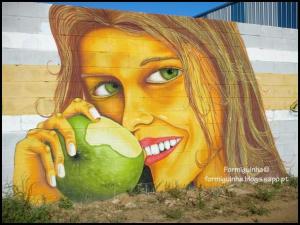
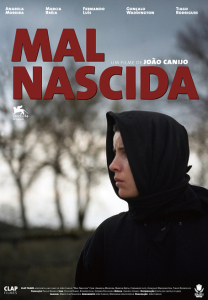

All welcome!
-
Organisers
Organisers and Support
Organisers:
Dr Adriana Nogueira (Universidade do Algarve)
Dr Sandra Boto (CIAC, Universidade do Algarve)
Dr Isa Mestre (CIAC, Universidade do Algarve)
Dr Marta García Morcillo (University of Roehampton, London)
For more information: This email address is being protected from spambots. You need JavaScript enabled to view it.
Institutional support:Facultade de Ciências Humanas e Sociais of the UAlg
Centro de Investigação em Artes eComunicação – CIAC
Centro de Estudos Clássicos eHumanísticos da Universidade de Coimbra – CECH
Associação Portuguesa de EstudosClássicos
Classical Reception Studies Network
Further support:
